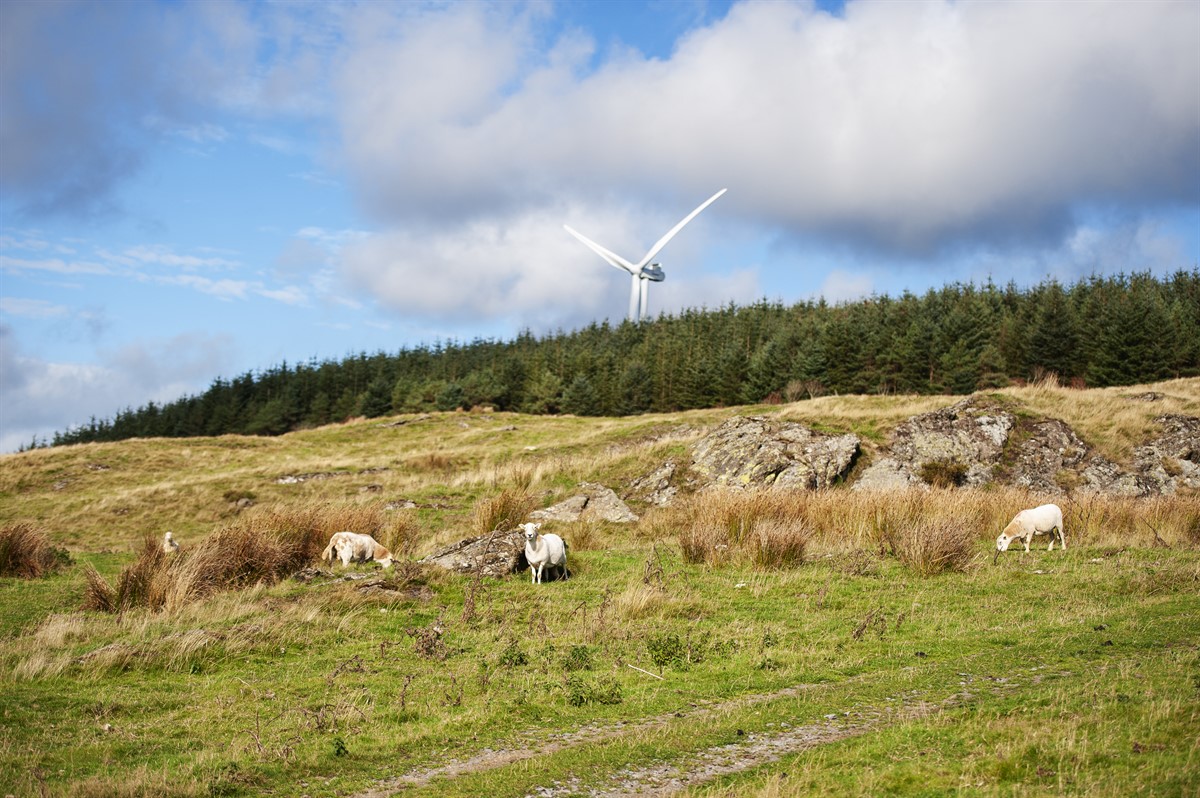On 10 April 2024, the European Parliament approved the provisional agreement with EU Member States on a new carbon removal certification scheme. This will establish an EU wide certification framework, and registry, for permanent carbon removals, carbon farming and carbon storage in products. The European Commission tabled the proposal in November 2022 and is the first step towards creating an EU-wide registry that will eventually allow trading of carbon removal units corresponding to one tonne of CO2 removed from the atmosphere. The Council is now in a position to formally adopt the proposed Regulation for a carbon removals certification framework, following the European Parliament's final approval of the text.
The EU’s new framework distinguishes between four types of carbon removals:
- Permanent carbon removals, such as Direct Air Capture and Bioenergy with Carbon Capture and Storage, which can store CO2 for several centuries.
- Temporary carbon storage in long-lasting products such as wood-based construction, for at least 35 years.
- Temporary carbon storage from carbon farming, such as restoring forests and soil, wetland management, seagrass meadows (minimum five years).
- Soil emission reduction obtained from carbon farming, such as wetland management, no tilling and cover crop practises (minimum five years).
The last two activities must last at least five years to be certified and must not lead to land being acquired for speculative purposes negatively affecting rural communities. Certification remains voluntary for the time being and covers permanent carbon removals, carbon farming, carbon storage in products and soil emission reductions that take place in the EU.
It requires the relevant activities to provide for net benefits related to carbon removals or soil emission reduction according to a specific formula and accompanying rules for each activity. Moreover, it aims at ensuring that carbon removals are additional, store carbon permanently or in the long-term, and do not hinder concrete sustainability objectives. The framework also includes rules for the certification of activities through certification bodies appointed by public or private certification schemes recognised by the Commission.
However, only certified units can be used to meet the EU’s climate objectives and nationally determined contribution (NDC) under the Paris Agreement, incentivising governments to move to implementation.
Removals will be subject to monitoring, and operators will be “liable to address any cases of reversal” whereby CO2 is accidentally released back into the atmosphere – for instance, when forests are felled or disappear because of pests or wildfires.
Next Step: Methodology of certification
The next step is for the Commission to “develop tailored certification methodologies for different types of carbon removal activities” based on four criteria: quantification, additionality, long-term storage, and sustainability. The Commission is also requested to include “clear liability mechanisms when developing the certification methodologies”.
An electronic EU-wide registry for certification units is expected to be created “within four years” after the regulation enters into force.
